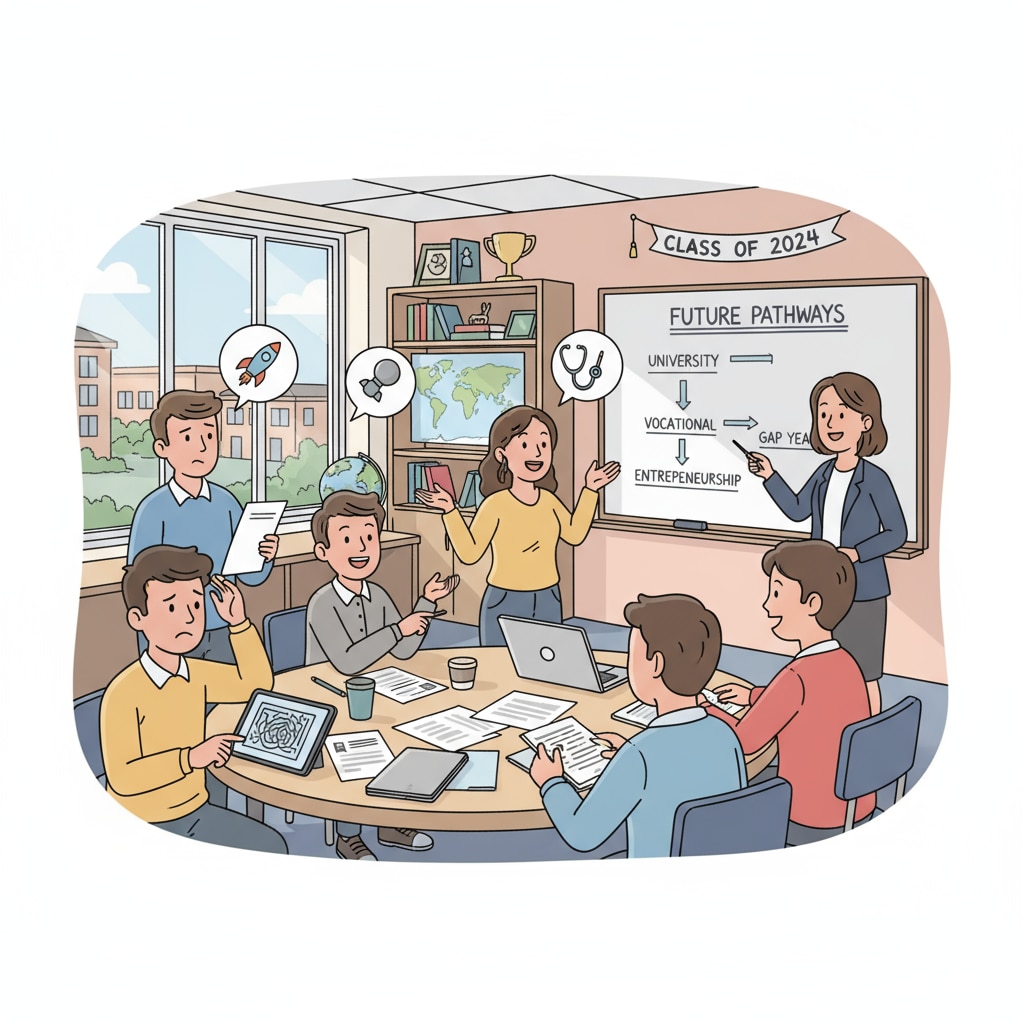Career choices, university majors, and employment prospects are crucial considerations for high school graduates as they stand at a crossroads. In today’s complex job market, the decision between pursuing a university education and enrolling in vocational training has become more challenging than ever.

This dilemma not only affects their immediate future but also shapes their long-term professional paths.
The Root Causes of the Dilemma
The first factor contributing to this dilemma is the societal perception of education. For a long time, a university degree has been seen as the golden ticket to a successful career. Parents and society often encourage students to attend university, emphasizing the prestige and broad knowledge it provides. However, this view overlooks the practical skills and hands-on experience that vocational training offers. Another reason is the lack of comprehensive career guidance in high schools. Many students are ill-informed about the diverse career options available through vocational training. They may have a limited understanding of the job prospects and earning potential in various trades. Career guidance on Wikipedia

The Allure of University Education
University education has several advantages. It offers a wide range of majors, allowing students to explore their interests in depth. For example, fields like engineering, medicine, and law require a university degree as a foundation. Moreover, universities provide an environment for intellectual growth, research opportunities, and the development of critical thinking skills. Graduates from universities also tend to have a broader network, which can be beneficial for future career advancements. However, the cost of university education is often a significant concern. Tuition fees, accommodation, and textbooks can add up to a substantial amount, leaving many students burdened with debt after graduation. Higher education on Britannica
The Value of Vocational Training
Vocational training, on the other hand, focuses on developing practical skills that are directly applicable to specific industries. Programs in fields such as plumbing, electrical work, and culinary arts prepare students for jobs with high demand. The training period is usually shorter than a university degree, allowing students to enter the workforce earlier and start earning. Additionally, vocational training often has a lower cost compared to university education. Many vocational graduates find themselves in well-paying jobs with good job security, as there is a shortage of skilled workers in these fields.
In conclusion, high school graduates must carefully weigh the pros and cons of university education and vocational training. By understanding the root causes of the dilemma, the allure of university education, and the value of vocational training, they can make an informed decision. This choice will ultimately determine their career paths and future employment prospects, setting the stage for a successful and fulfilling professional life.
Readability guidance: Use short paragraphs and lists to summarize key points; provide a list under each H2; control the proportion of passive voice and long sentences; add transitional words (however/therefore/in addition/for example/as a result, etc.) throughout the text.


